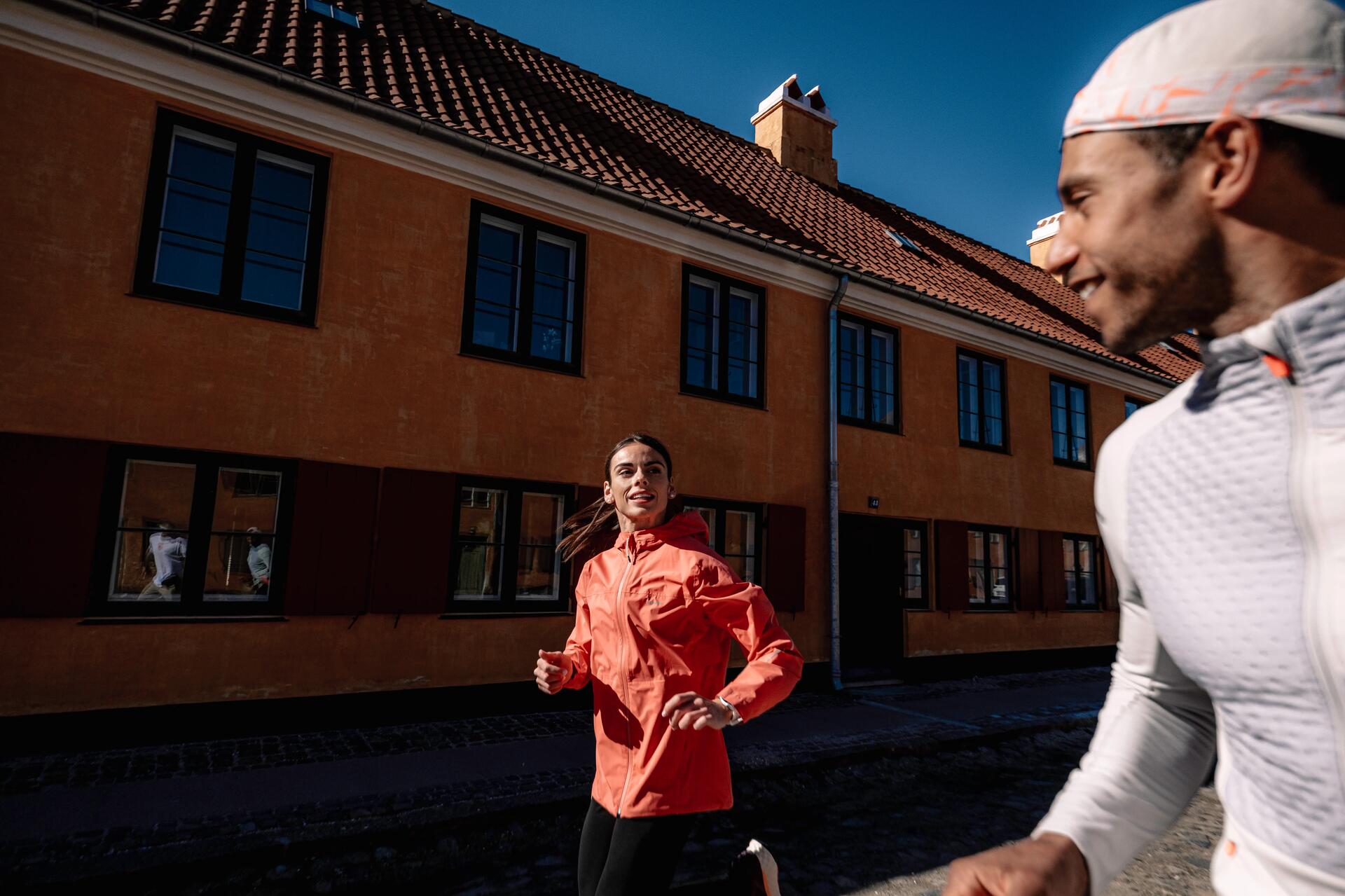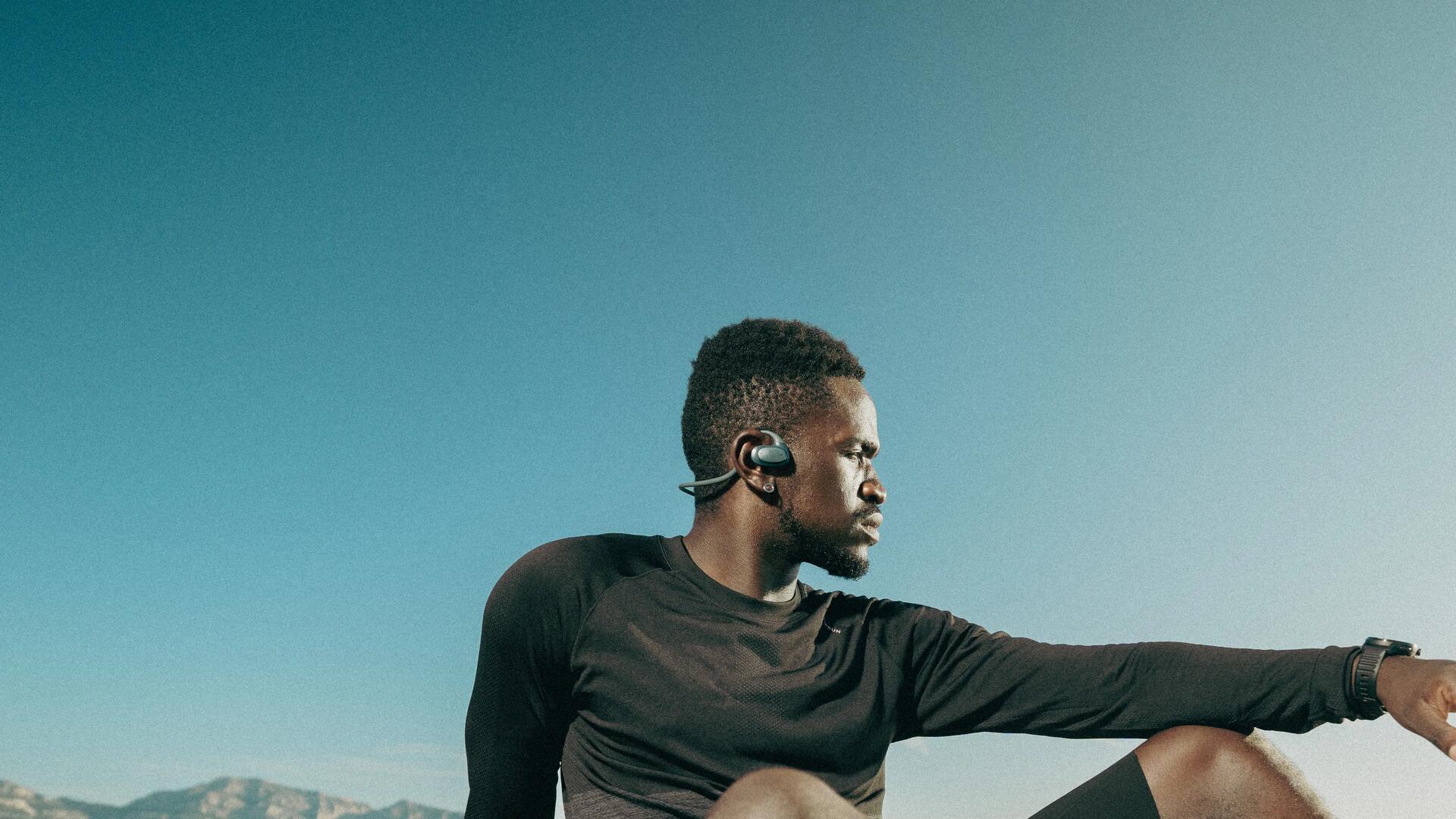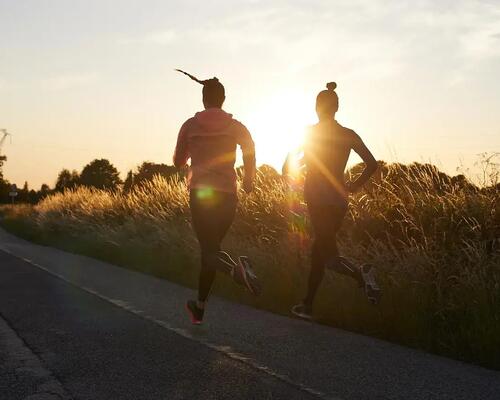The many benefits of running slow
1. It prevents injuries
When you run at a leisurely, comfortable pace, you’re less likely to injure yourself. The impact on your joints is reduced, and there is less risk of overstraining your muscles. This is great for beginner runners, those recovering from injury, or anyone looking to increase their weekly kilometre log.
Plus, when you’re less focused on speed, you’re more aware of your surroundings and can spot trip hazards ahead of time.
2. It will boost your performance
Running slow builds endurance without putting too much strain on your muscles. A gentle run can also help you recover faster the day after a challenging workout.
Plus, pacing is an essential skill for any long-distance runner—and what better way to practice than to run at a slow, steady pace?
3. It’ll make your metabolism more efficient
The running community loves to use fancy words such as aerobic and anaerobic thresholds. In plain language, the first one (aerobic) is the body’s “default setting” for creating energy by using oxygen to burn carbs and fats. The second one (anaerobic) happens when you exercise at a high intensity and your body has to produce extra lactic acid to compensate. You know you’ve reached this stage when you’re breathing hard and feeling your muscles burn!
It’s hard to keep going for more than a few minutes when all you can feel is pain in your legs—that’s where your slow runs come in. By keeping a gentle pace, you’ll teach your body to remain in “default mode” during a moderate effort. The better you get at this, the higher your anaerobic threshold will be, and the longer you’ll be able to avoid pain and fatigue.
You know how some people seem to run effortlessly? Now you know their secret.
4. You’ll have more fun
Easy runs release endorphins without leaving you feeling exhausted. If you have a good time on your runs and have minimal soreness the next day, you’ll be more likely to want to repeat the experience. Plus, taking it slow means you'll be able to take in your surroundings or chat away with a buddy while you run!
Plus, at racing events, people wearing funny costumes tend to be on the slower side, and they are DEFINITELY having more fun than most.





